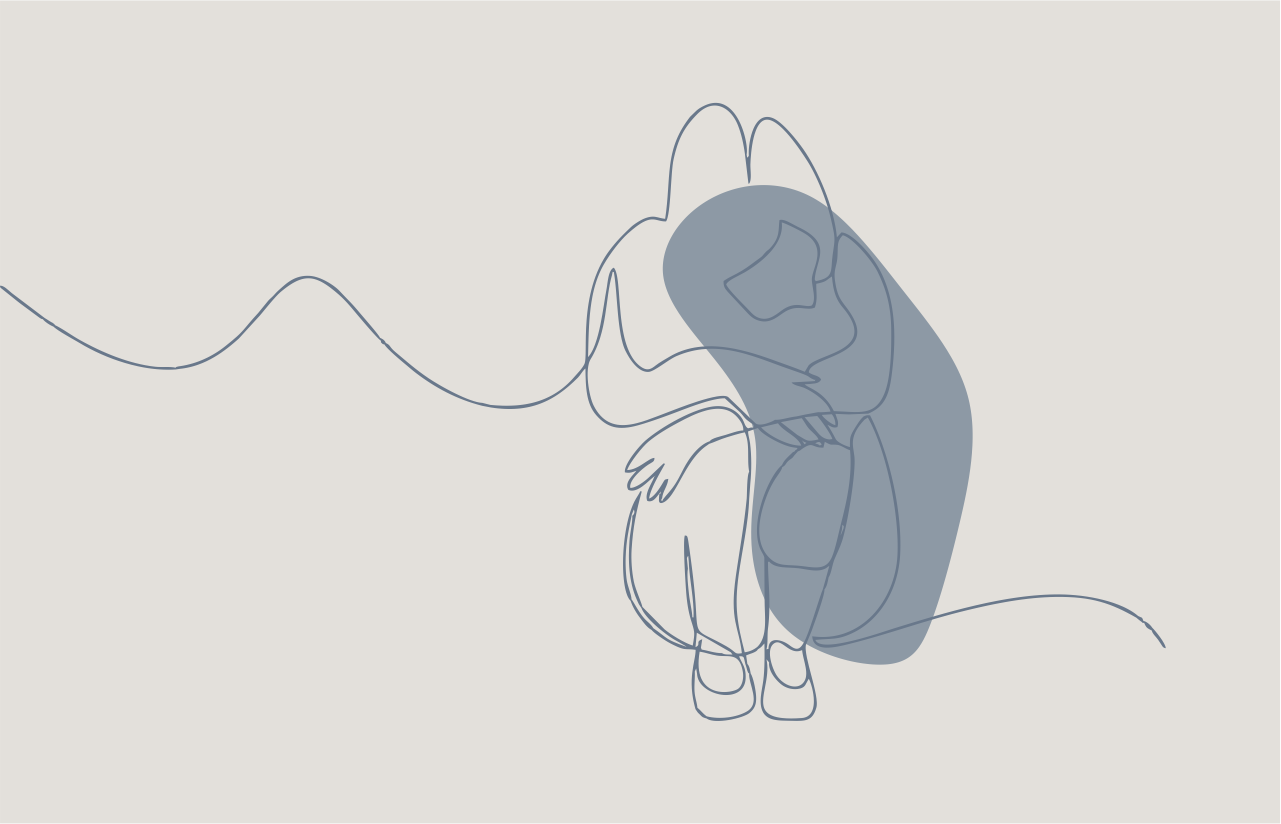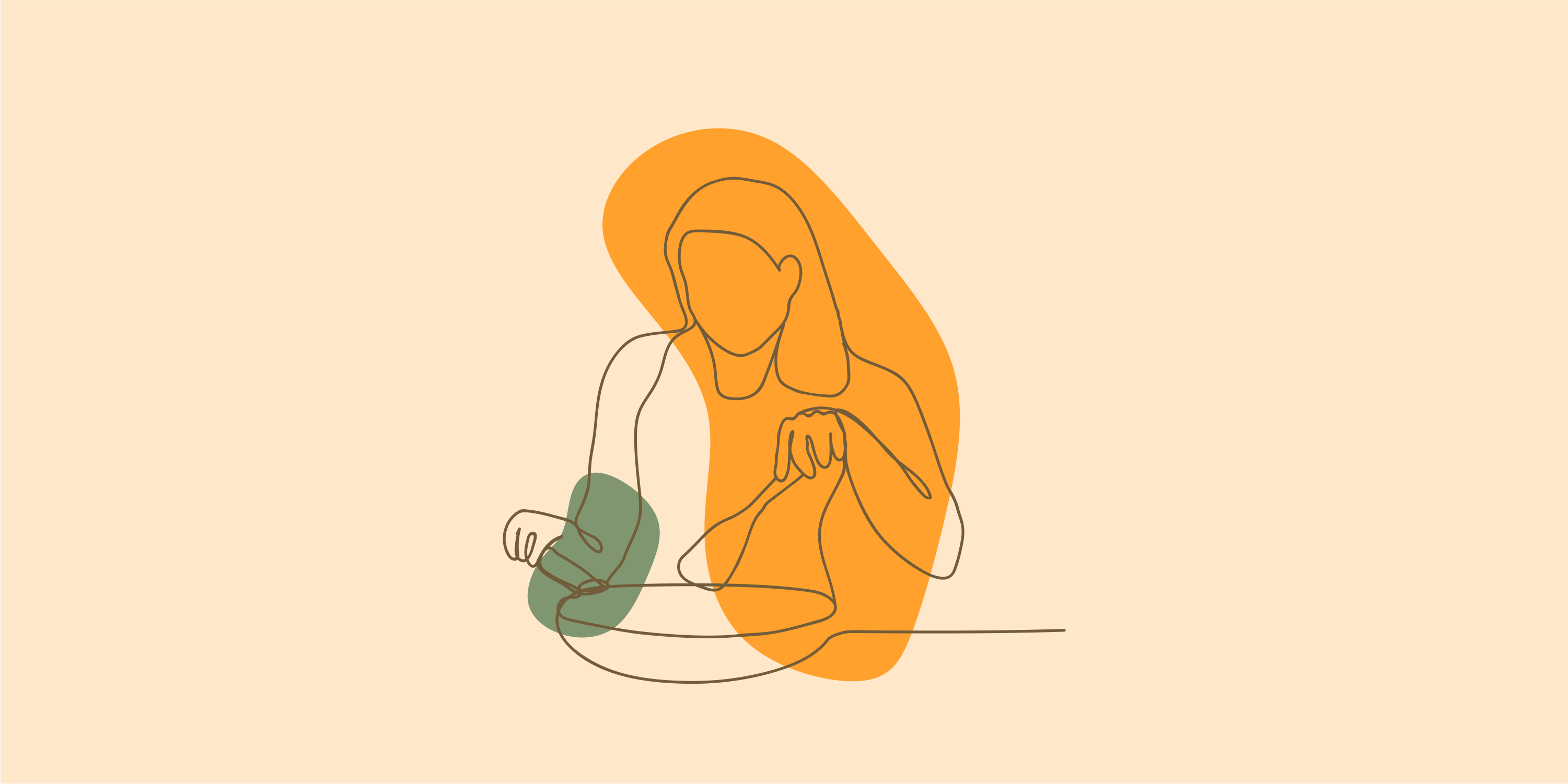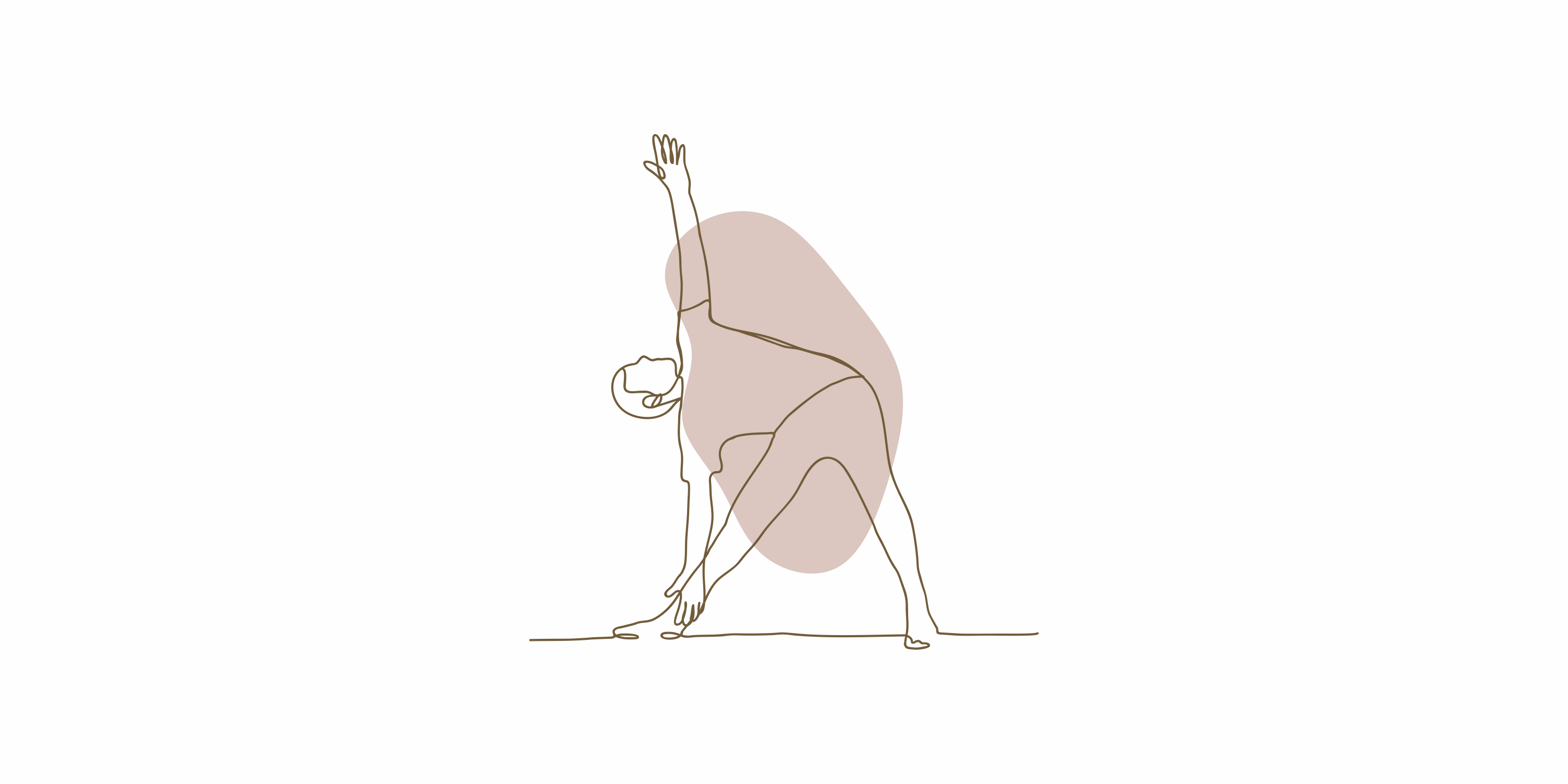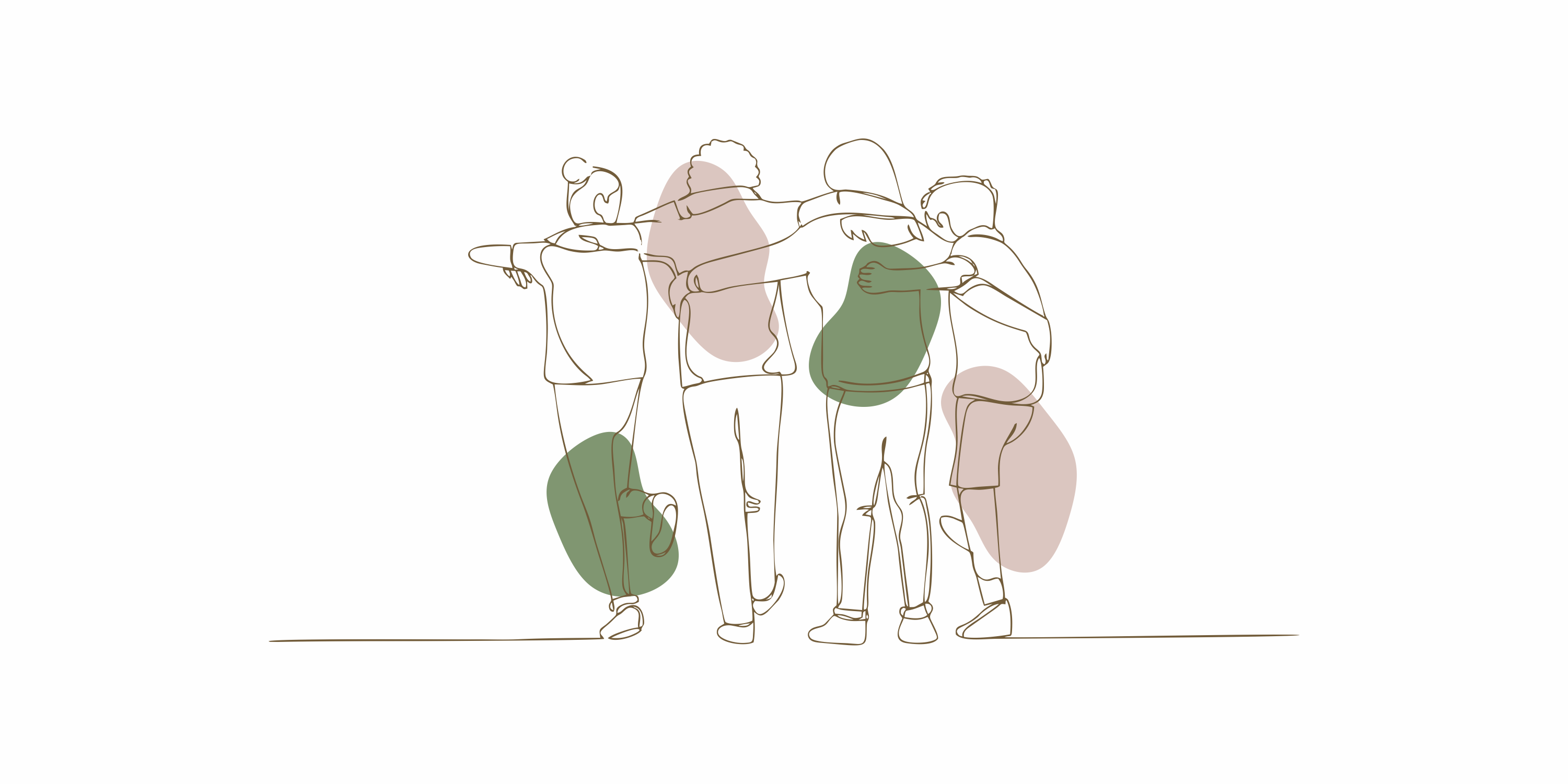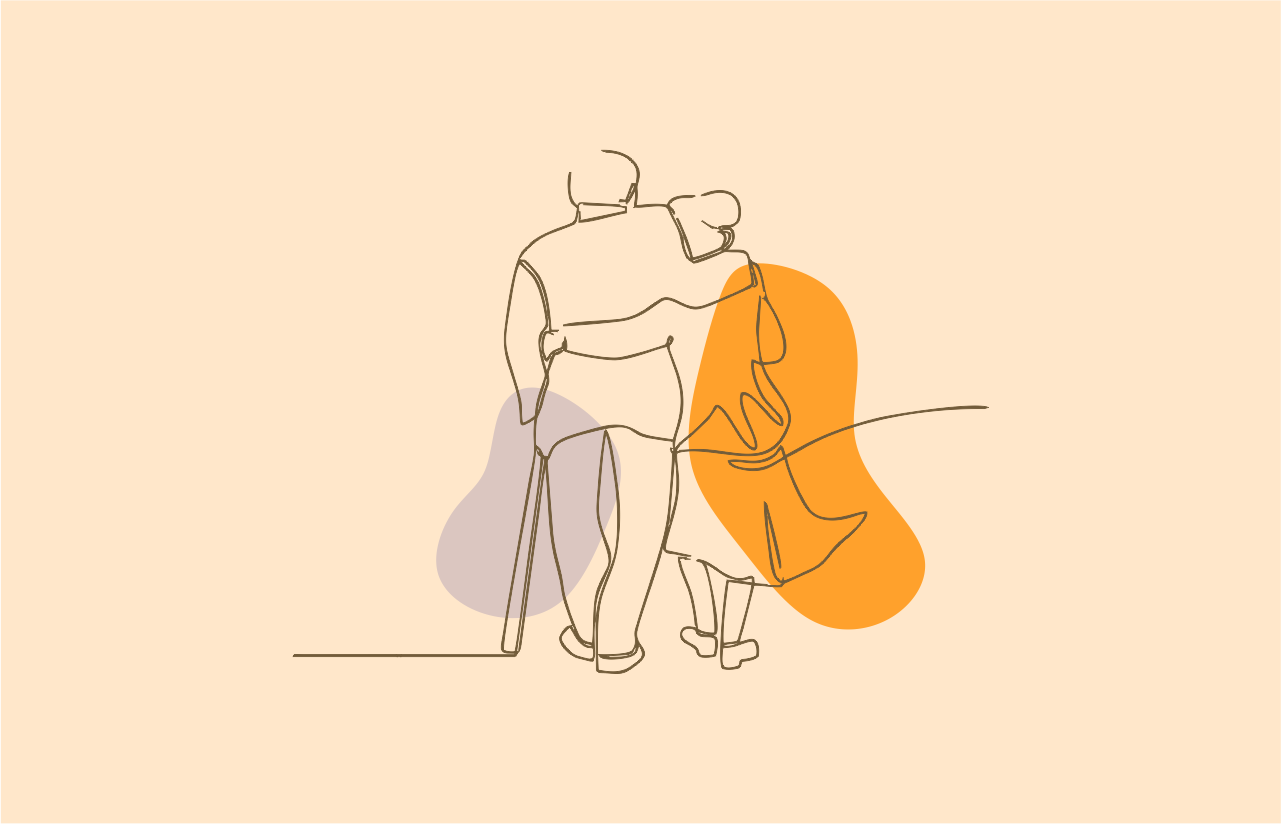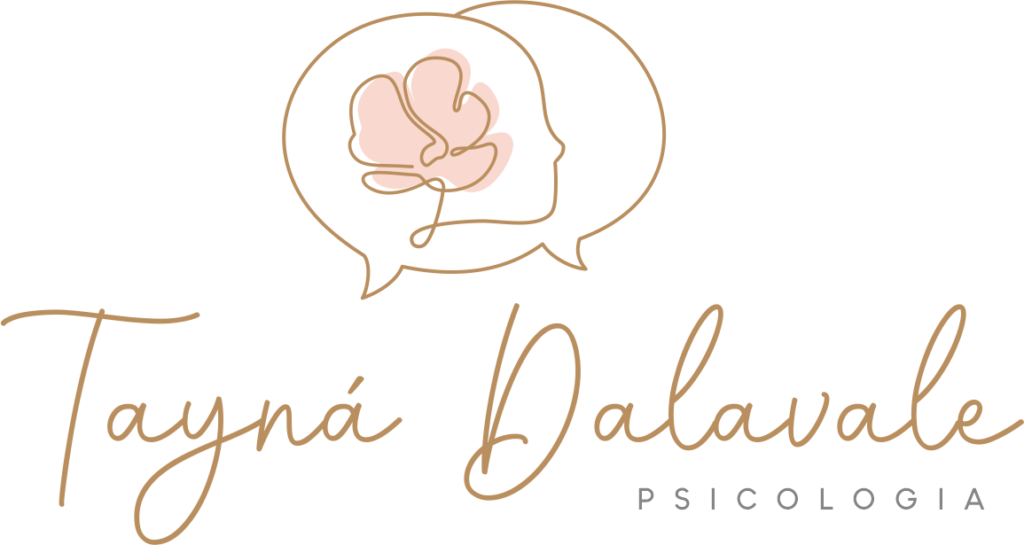The Anguish of the Soul
Anxiety has always been a part of the human condition, and throughout history, different cultures and traditions have attempted to understand it. From the ancient Greek philosophers to modern approaches in psychology, anxiety has been the subject of study and reflection. In antiquity, this feeling was associated with the “anguish of the soul” in the face of the unknown. Throughout history, the understanding of anxiety has evolved, as have therapeutic approaches.
But what is anxiety?
Anxiety is a natural response of our organism to challenging or threatening situations. However, when this response becomes excessive and interferes with our daily life, it’s important to seek understanding and support to deal with it in a healthy way.
8 Signs of Anxiety:
- Excessive Worry
- Irritability
- Muscle Tension
- Insomnia
- Difficulty Concentrating
- Intense Fears or Phobias
- Feeling of Suffocation or Shortness of Breath
- Feeling of Unrealness or Depersonalization
Theories and Techniques to Aid in Coping with Anxiety:
The Jungian approach offers a deep exploration of the individual, allowing an understanding of the symbolic roots of fears and insecurities that feed anxiety. By comprehending and integrating these issues, greater self-awareness can be developed, and new perspectives for dealing with emotional challenges can be found. Instead of simply suppressing symptoms, the aim is to understand their symbolic meaning and their deep roots in the unconscious. Through dream analysis, exploration of complexes, and the process of individuation, paths for overcoming anxiety and personal development can be discovered.


